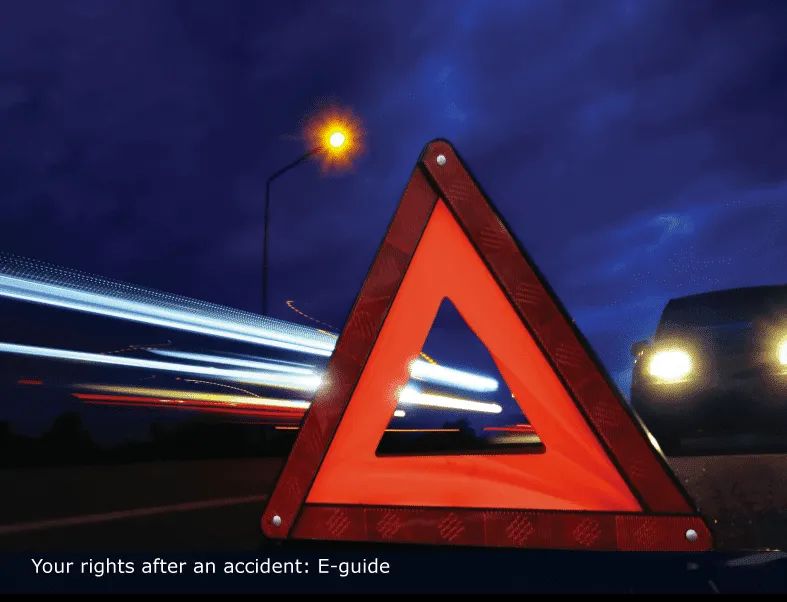- with readers working within the Retail & Leisure industries
Recently, the car I was riding in struck a deer.
Thankfully, no one in the vehicle was injured.
It was a good reminder about the precariousness of driving on country roads at dusk in Ontario.
A few weeks ago the OPP Central Region released an update on wildlife-related collisions over the past three years which indicates that the number of motor vehicle collisions with wildlife is increasing. In the last three years there have been 6,066 collisions with the vast majority (85.5%) involving deer.
The OPP recommends slower speeds, especially at dawn or dusk, using caution in areas of high animal populations, using high beams on empty roads and looking for reflections in your headlights which can catch the eyes of wildlife.
Additionally, the OPP says it is safer to brake firmly rather than swerving, which could lead to a loss of control of your vehicle or a collision with another vehicle or object.
Unfortunately, despite efforts to avoid accidents with wildlife, accidents still happen. When they do, these accidents can cause significant damage to your vehicle and those travelling in it.
We often think about car accidents as occurring between two cars but the reality is that there are many different types of car accidents – including single vehicle accidents or accidents caused by wildlife on the road.
Relief Available
In my experience, many people who have suffered an injury as a result of a wildlife-related accident don't know that, at a minimum, they can make a claim for Accident Benefits.
Accident Benefits are a series of benefits available to people who are injured in a car accident. In a standard package, Accident Benefits include medical and rehabilitation benefits (physiotherapy, massage therapy, chiropractic therapy, psychotherapy etc) and Income Replacement Benefits (where the injured person has not been able to return to work).
You do not need to prove fault in order to claim Accident Benefits. The purpose of Accident Benefit coverage is to provide a basic level of insurance coverage to injured people involved in a motor vehicle accident whether they are at fault or not. For that reason it is often referred to as a "no-fault scheme".
Accident Benefits are available anyone involved in the accident. In other words, you don't have to be the driver or named insured on the automobile policy. Where an occupant or driver does not have their own car insurance they can claim Accident Benefits through the insurer of a car involved in the accident.
Injured victims involved in wildlife-related accidents may also be able to commence a lawsuit against an at-fault party as a result of their injuries. No – you can't sue the deer! But in some cases a driver has failed to operate their vehicle in a careful and prudent manner which caused or contributed to the accident and the victim's injuries. As you might expect, these lawsuits can be very complicated.
What You Can Do Now
When these accidents happen there are important steps that need to be taken immediately to preserve your rights. Contact an experienced personal injury lawyer at our firm for a free consultation.
The content of this article is intended to provide a general guide to the subject matter. Specialist advice should be sought about your specific circumstances.



